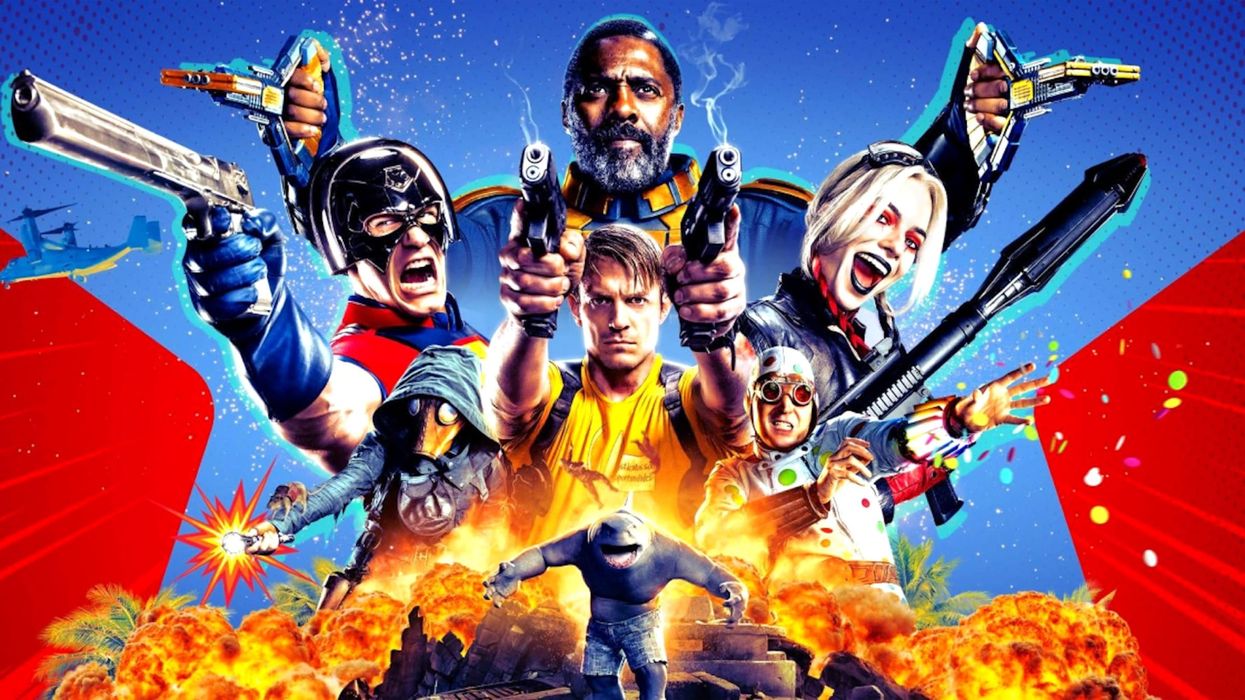How the Dialogue of 'The Suicide Squad' Supports Its Tone
The dialogue in The Suicide Squad helps the audience buy into the world and the themes.

James Gunn's take on the DC Comics band of misfits inside The Suicide Squad dropped a few weeks ago, and audiences everywhere are still talking about how much fun this movie is, as well as how much it felt like DC finally understood how to go dark without losing audience appeal.
While other good DC movies like Wonder Woman thrive on being full of heart and aspirational, The Suicide Squad kind of takes the opposite stance, rooting itself in the cynicism of the American Dream and certifying that the only people you can really count on are family, and sometimes not even them.
Check out this informative new video from Savage Books, and let's talk after the jump.
How the Dialogue of The Suicide Squad Supports Its Tone
The thing about The Suicide Squad is... it's great.
It starts fast, builds interesting characters, takes non-sequiturs that pay off, and has an ending that feels both huge and intimate at the same time. I could nitpick things, but the more I think about the movie, the more I think those nitpicks come from jealousy and not factual information. The more I think about what I like, the more I come back to one of the most underrated parts of writing—the dialogue.
Dialogue usually takes a backseat in most movies. In fact, if you don't mention the dialogue, it means it was probably pretty good. Sure, there are Sorkin and Tarantino movies that have stilted or stylized dialogue that stands out.
But truth be told, in most superhero films, the dialogue is just there to deliver information between set pieces.
What The Suicide Squad did was take dialogue and make it way less mundane. Sure, there was exposition, but it gets delivered humorously. We see a whole village of bad guys, slaughter them, and then through dialogue learn they may have been good guys. That's funny, interesting, and gets us to the point in a way other movies would take paragraphs to explain.
This isn't just great writing, but great tone work.
Tone is the mood or vibe the movie gives off. It's the personality of the movie.
There is a very specific tone of The Suicide Squad. You get the importance of life and death with the vernacular of a bunch of average joes in over their head. That's what the movie needs to be. If The Suicide Squad is full of accidental heroes sent to die, the voices of these characters should be real, haphazard, angry, worried, cocky, and kinda wild. And that's what Gunn delivers. They talk in a way where we buy they'd join this mission just to get a glimpse outside prison walls. And as they mesh as a team, we buy into the heart of these misfits looking for the family they've been denied.
Dialogue carries that burden and sells those scenes so well that you never really think about it. You just enjoy it. Until it pops up and proves how much you should love and respect this film. Not just for what it shows a superhero movie can do, but for how much weight it lets the dialogue carry.
Let us know what you think in the comments.
Source: Savage Books











